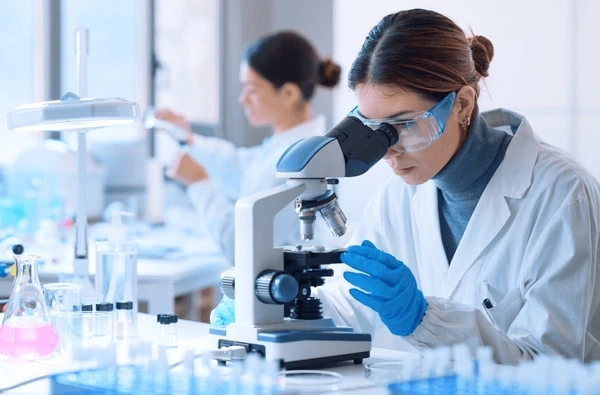Biological lab
A Biological Laboratory is a specialized facility where scientists and healthcare professionals study living organisms, biological systems, and their interactions. These labs play a fundamental role in medicine, research, diagnostics, and public health.
In a clinical setting, biological labs are used to analyze samples such as blood, urine, tissues, and other bodily fluids to diagnose diseases, monitor health conditions, and guide treatment plans. The work done in these labs supports everything from routine health screenings to the identification of complex infections, genetic disorders, and chronic illnesses.
Biological laboratories are equipped with advanced instruments and technologies, including microscopes, centrifuges, incubators, and automated analyzers. Highly trained professionals—including lab technicians, pathologists, microbiologists, and molecular biologists—conduct a wide range of tests to study cells, bacteria, viruses, DNA, and proteins.
These labs must adhere to strict safety and quality standards to ensure accurate results and prevent contamination. In addition to diagnostics, biological labs also support vaccine development, drug testing, environmental monitoring, and biomedical research.
Ultimately, biological laboratories serve as the foundation for scientific discovery and modern healthcare, providing essential insights into the functions of life and the mechanisms of disease.

